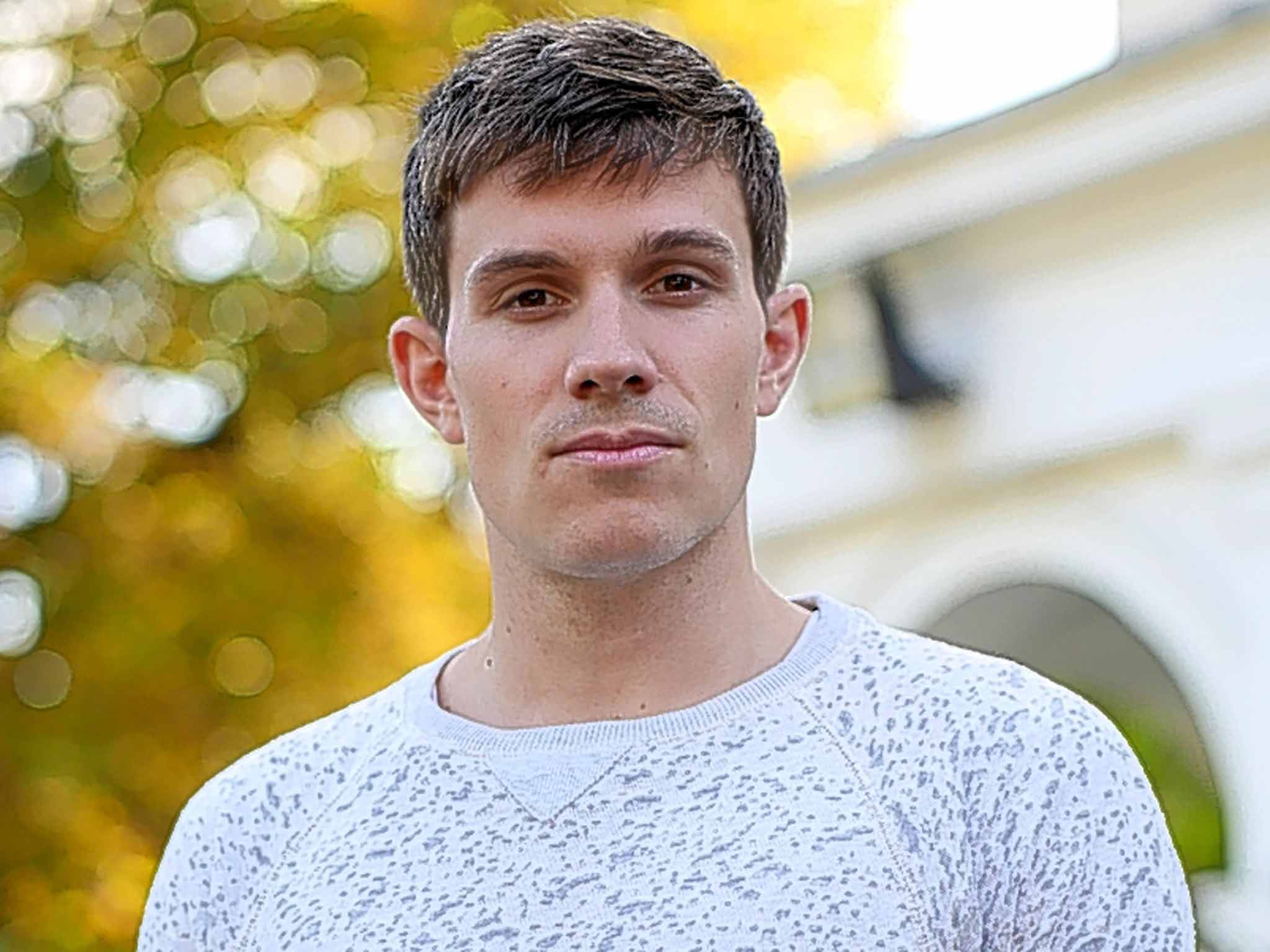Is this rape? In an ideal world, it's a question we would never need to ask. But BBC3's odd exploration of the issue – a sort of Teen Big Brother meets Judge Judy – proved just how desperately the youth of today is in need of an education in consent.
The premise was an unusual one: a group of teenagers was shut away for two days during which they were shown a three-part drama, specially created for the programme, which told the story of a sexual encounter between two young people at a party. As the scenario unfolded, they were asked to vote on specific questions about whether or not a rape had been committed.
The BBC was clever with the scenario; no one jumped out of any bushes or pinned anyone down. The characters in the drama knew one another. They were drunk, they had previously been in a relationship and the sex act concerned was oral. But, to me at least, it was very clear he forced himself upon a terrified young woman who at no point consented to or encouraged the act.
The fact that this show even exists is incredibly sad. We would all like to believe that teenagers – and adults alike – know that no means no. Or, as in this imagined scenario, a complete lack of participation in a sexual act does not constitute consent. But the longer it continued, with its weird option to “join the live vote at home”, the clearer it became that they really don't. Phrases uttered included “It's quite close to rape”; “Although he did rape her, he's not a rapist”; “What he did was wrong but calling it rape seems harsh”; and “While he did rape her, if I was her I wouldn't have reported it.” Terrifyingly, there was one girl who believed that if you kissed a boy on a sofa at a house party, you were agreeing to have sex with him. And several boys who couldn't get their heads around the fact that the rapist in the drama was “a normal guy at a party”.
By the end of the experiment, more than 80 per cent of the teenagers agreed that the fictitious character was guilty of rape. But even then, many of them felt the mandatory seven-year jail term he then faced was too harsh.
I'm not 100 per cent sure what BBC3 hoped to achieve by making this show, but if it was to highlight the terrifying lack of understanding that young people have surrounding their own bodies, safety and human rights, then it certainly succeeded.
Subscribe to Independent Premium to bookmark this article
Want to bookmark your favourite articles and stories to read or reference later? Start your Independent Premium subscription today.


Join our commenting forum
Join thought-provoking conversations, follow other Independent readers and see their replies